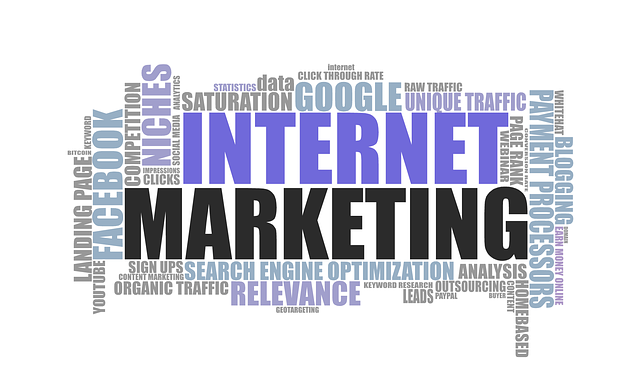AI sustainability models are revolutionizing prefab housing by integrating advanced algorithms with real-time data from sensors, optimizing energy usage, water consumption, and waste generation. These models predict resource requirements based on climate, occupancy, and appliances, enabling manufacturers to create eco-friendly structures that minimize utility consumption. Through machine learning, they empower residents to adopt smart home practices while reducing their carbon footprints, and utility service providers to manage distribution networks more efficiently. The future of mobile homes is shaping up as AI-driven, energy-efficient, and sustainable living spaces, with lower living costs for residents.
“AI is transforming the way we envision sustainable living, particularly in the realm of prefab and mobile homes. This article explores how artificial intelligence acts as a game-changer in energy efficiency and resource optimization within prefabricated housing structures. We delve into AI’s ability to predict utility consumption, offering innovative sustainability models for these eco-friendly dwellings. By harnessing AI’s potential, the future of mobile homes promises enhanced environmental stewardship and comfortable living.”
- AI's Role in Prefab Housing: Revolutionizing Energy Efficiency
- Sustainability Models: Predicting and Optimizing Resource Consumption
- The Future of Mobile Homes: AI-Powered Eco-Friendly Living
AI's Role in Prefab Housing: Revolutionizing Energy Efficiency

Artificial Intelligence (AI) is playing a pivotal role in revolutionizing energy efficiency within the prefab housing sector, offering sustainable solutions and improved resource management. By leveraging AI sustainability models, manufacturers can optimize design processes, resulting in more energy-efficient homes. These models analyze vast datasets to identify patterns and predict resource requirements, enabling developers to create eco-friendly structures that reduce environmental impact.
AI algorithms can forecast utility consumption, helping prefab home manufacturers make data-driven decisions. This technology predicts energy usage based on factors like climate, occupancy, and appliances, allowing for tailored design choices. As a result, AI contributes to more sustainable practices, ensuring homes are designed to be environmentally friendly and cost-effective.
Sustainability Models: Predicting and Optimizing Resource Consumption

In the context of AI mobile homes and prefab housing, sustainability models play a pivotal role in predicting and optimizing resource consumption. These advanced systems leverage artificial intelligence to analyze vast amounts of data from various sensors installed within the dwellings, tracking energy usage patterns, water consumption, and waste generation in real-time. By employing machine learning algorithms, these models can identify trends and inefficiencies, enabling proactive measures to enhance energy conservation and reduce environmental impact.
AI sustainability models for prefab housing offer a promising approach to achieving eco-friendly living standards. They facilitate the implementation of smart home technologies, allowing residents to monitor their resource usage and make informed decisions. Moreover, these models contribute to the overall efficiency of utility management by forecasting consumption trends, enabling service providers to optimize distribution networks and reduce waste.
The Future of Mobile Homes: AI-Powered Eco-Friendly Living

The future of mobile homes is looking increasingly green and smart, driven by the integration of artificial intelligence (AI) technologies. AI sustainability models for prefab housing are revolutionizing the way we think about living spaces, offering not just comfort but also energy efficiency and reduced environmental impact. By leveraging machine learning algorithms, these innovative systems can forecast utility consumption in mobile homes with remarkable accuracy, enabling residents to make informed choices that promote eco-friendly living.
Imagine a scenario where your mobile home automatically adjusts settings to optimize energy use based on real-time data—this is the promise of AI-powered prefab housing. These models can predict power demands, suggest efficient appliances, and even implement smart grid technologies, ensuring that utility consumption aligns with sustainable practices. As a result, residents not only benefit from lower living costs but also contribute to a greener planet by reducing their carbon footprint.
AI is not just transforming the construction industry; it’s also paving the way for a more sustainable future in mobile homes. By leveraging AI sustainability models for prefab housing, we can predict and optimize resource consumption, making these homes energy-efficient and eco-friendly. As technology advances, AI-powered mobile homes will become increasingly prevalent, offering a promising solution for efficient and responsible living.
